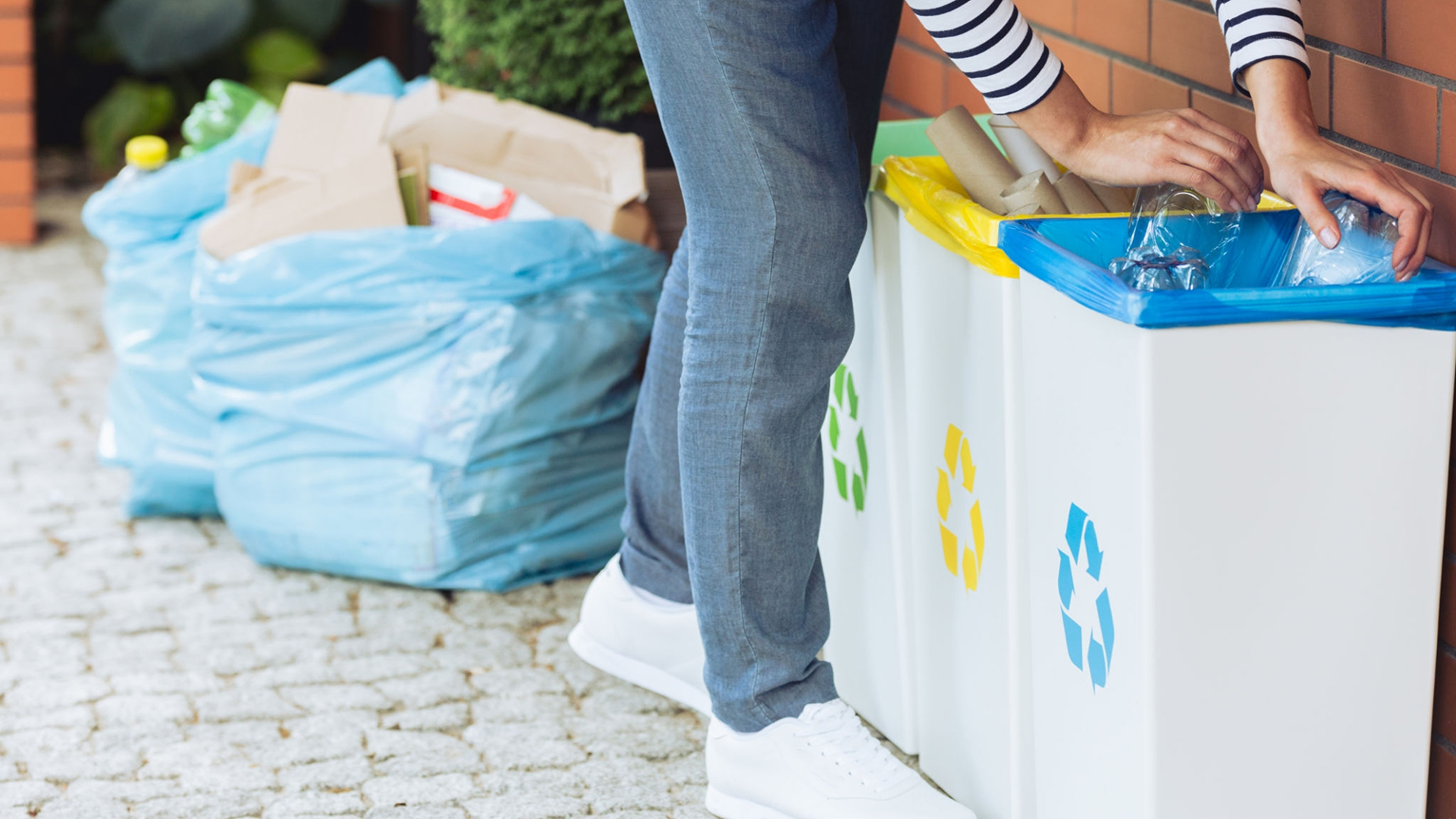New Plastic New Era
Driving on the roads has always felt a sense of freedom, regardless of the type and model of vehicle you use. Motorcycle rides are especially enjoyable in the autumn. Grainy, broken and cracked roads are the elements that disrupt this pleasure and make driving dangerous. Although we always expect the states to repair these roads and the roads to be smooth, these procedures are both troublesome and costly.
In July, the California Department of Transportation announced a road pavement project from liquid plastic made from recycled asphalt pavement and single-use plastic bottles. The California Department of Transportation said it was the first time they were attempting road construction using 100% recycled materials. This study in California is not the first in the world.
.jpg)
The California Department of Transportation's pilot project involved reconstructing three lanes of a 1,000-foot section of Highway 162 in the Northern California town of Oroville, about 65 miles north of Sacramento. The California Department of Transportation said the plastic road takes two to three times longer than traditional hot-mixed asphalt pavement. It is gratifying that a mile-long sidewalk using recycled plastic material recycles about 150,000 plastic bottles.
The technology developed by TechniSoil Industrial of Redding, CA uses a line of recycling equipment that grinds the three-inch pavement and mixes the grinders with a liquid plastic polymer binder from disposable bottles, which recycles high volumes. The new asphalt material is then placed on the upper surface of the road, eliminating the need for trucks to bring in external material for paving. This process, which eliminates the need to bring the asphalt from outside, also significantly reduces greenhouse gas emissions.
.jpg)
In Scotland, MacRebur also paved the first street in the UK using plastic waste to build roads. The road in the town of Carlisle in the northwest of England was built using 238,958 plastic bags. If this attempt had not happened, these bags would have to be destroyed by burning. Protecting nature is that simple. Recycling is that easy.
Founded in 2016, MacRebur blends certain plastics with an activator that binds waste plastic. The company explains that the MacRebur mixture of plastic granules has been sold to asphalt producers who use it to expand the bitumen in the asphalt, thus reducing the amount of fossil fuel used. “With the help of our activator, we convert the plastic to its original oil-based form and bind it in asphalt. It's not like burying garbage on our roads. In fact, our roads can be recycled at the end of their life, so plastic waste is used over and over again.” Says the company.
MacRebur's plastic roads are located all over the world, from Scotland to Australia and from Dubai to South Africa. You may have set off unknowingly as it looks exactly like traditional asphalt roads, but you may have felt a difference. The company explains in its media guide that the roads are more flexible because they contain plastic. "This means they can better cope with contraction and expansion caused by changes in weather conditions and reduce cracks and potholes."
Not to mention that for every kilometer of road paved using the MacRebur mix, the equivalent weight of one million plastic bottles or 2.8 million disposable plastic bags is removed from the environment. Because instead of boasting about it, they work with the awareness of their responsibilities by recycling.



